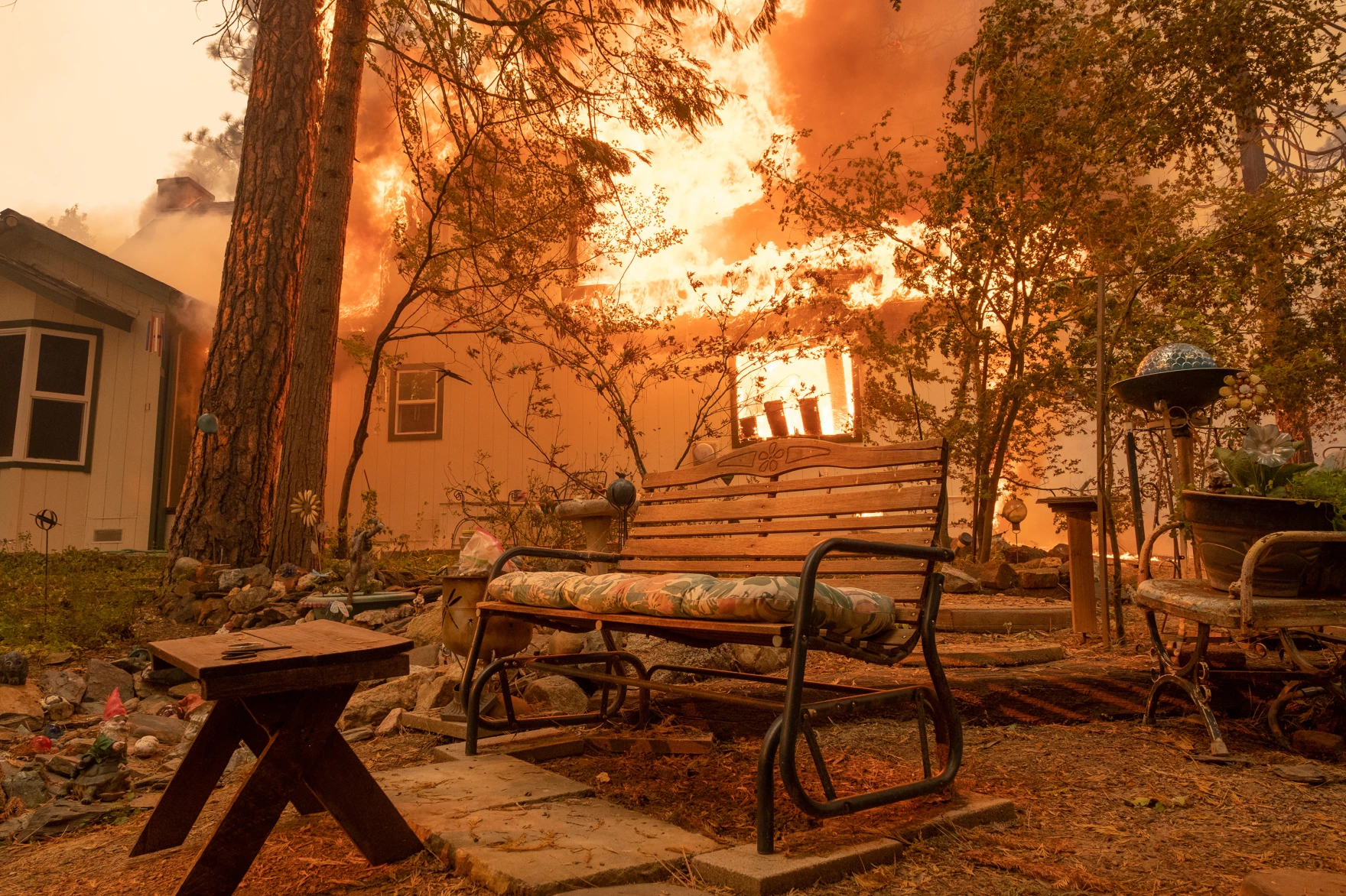In response to the widespread prevalence of climate change, insurance organizations seek a big number of consumers who will all make contributions to a fund to compensate for insurance losses.

In response to the widespread prevalence of climate change, insurance organizations seek a big number of consumers who will all make contributions to a fund to compensate for insurance losses. (Photo: NPR Illinois)
Impact of Climate Change on Home Insurance
One significant impact of climate change on many of us is an increase in home insurance costs or the potential loss of available home insurance. Insurance is predicated on the “law of large numbers,” implying that the larger the number of policyholders, the more assured the company that provides insurance is in their loss estimates.
According to a SW News Media report, the “law of large numbers” cannot account for hundreds or thousands of homes being lost in one area due to wildfires, as is happening in California, or the loss of hundreds or thousands of homes along the coasts of the southeast United States as more devastating hurricanes hit those areas. As a result, several insurance companies are either hiking their premiums dramatically or withdrawing from particular markets.
READ ALSO: Shakopee accepts grant for upcoming outdoor Fitness Court project
Potential Losses Brought by Large Disaster
The challenge, as insurance firms perceive it, is that they cannot charge enough to cover possible losses generated by a large disaster that hits so many properties in one location. Homeowners who do not have insurance often impossible to obtain loan funding.
As to an NPR Illinois section, insurance firms in places such as Colorado, Louisiana, and Florida are cutting back on business to protect themselves from rising losses as climate change feeds more extreme disasters. Based on the NPR Illinois report, millions of homeowners worldwide are having to find alternate types of coverage, which often come at a greater price but offer less coverage.
Several are forced to relocate because they cannot afford to fix their homes, or they may suffer long-term financial consequences.
READ ALSO: Long-awaited audit found array of weaknesses at state unemployment agency
























